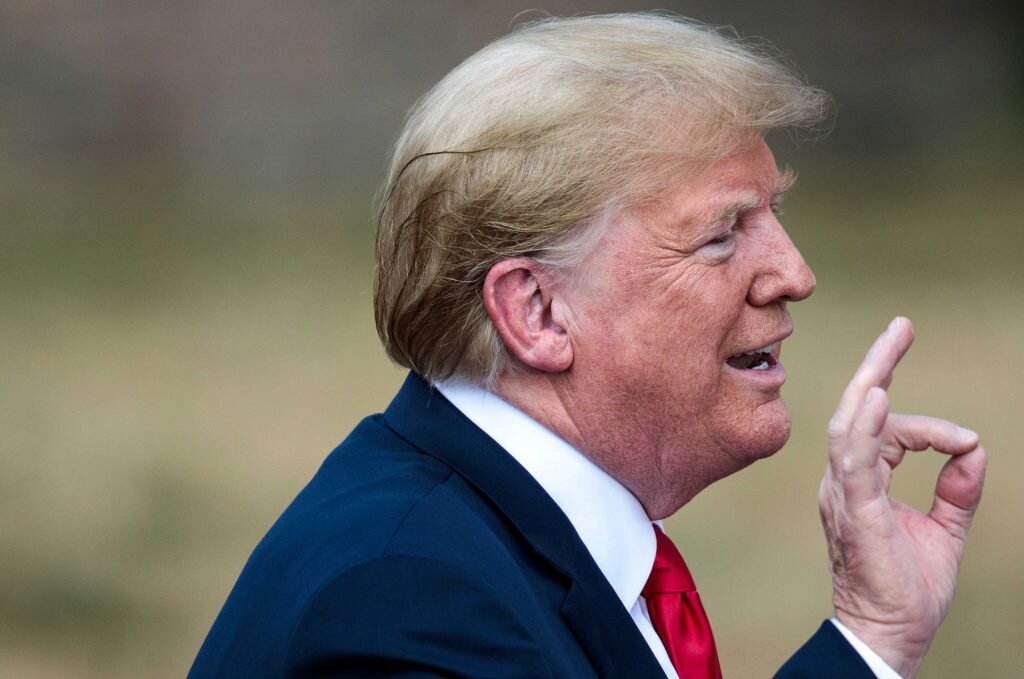Tehran – In a world that is increasingly shaped by stories, optimism can be used in preemptive strikes. Recent rhetoric from US President Donald Trump and his best friends vibrates between the threat of dismantling and a measured sense of optimism about the potential deal with Iran, but Iran’s strategic patience must be translated into strategic attention at this stage. Iranian policymakers know better than they are drawn into the illusion of goodwill.
Threats and coercion were integral components of the US foreign policy against Iran. However, this positive should be interpreted within the appropriate context, the framework of Trump’s thinking. Trump’s sporadic bright hype should not be seen as part of yet another idiomatic quirky character, a signal of concession, or a true desire for balance, rather calculated tactics, namely a broader strategy designed to shape expectations, manipulate the emotions of Iranian markets, and boost the psychological balance of negotiation in Washington’s favor.
A veteran business and political trade negotiator and investor, Trump is totally familiar with his clever financial manipulator, a stock market term, and is well-versed in the craft story. After all, he has manipulated the market for decades. Would you like to apply the same tactics to negotiations? From his point of view, negotiations are merely bargains.
By projecting confidence into the outcome of future negotiations, he is increasing the perceived cost of failure, not for the US but for Iran. The higher the cost of failure, the stronger the pressure on Iranian negotiators. Trump is preemptively optimistic about the outcome, and aims to ripple Iran’s public opinion field and put internal pressure on Iran’s economic and political institutions. The Iranian economy, which is highly sensitive to diplomatic signals, often responds positively to mere prospects of transactions, but only to face volatility and abrupt decline if negotiations collapse or collapse on the weight of American maximalist demands. From this angle, it’s completely reasonable for Trump – he may have won a portion of his fortune in gambling and other adventurous financial arrangements, but that is to inflate the expectations surrounding consultations. If the outcome is not realized, what results from that optimism could lead to a free fall in the market in Iran, providing strategic benefits on his part without realizing the costs. What will you lose? In a way, Trump hasn’t invested in talks, he seems to speculate!
Moreover, such statements have not been made in a vacuum, but are often designed to burn Washington hardliners by portraying Iran for the reluctance or rebellious party to collapse. This framing could echo through international diplomatic fields. Trade expectations aren’t just market-bound. In fact, many actors on the international political spectrum are keeping an eye on the outcome. The higher the positive, the more the fall of Iran will skyrocket in the event of failure!
It is therefore important that Iran avoid projecting mutual optimism without substantial progress. Iranian negotiators are aware of the fact that there is another aspect to the president of peace: the president of pressure!
It is safe to assume that Trump’s optimistic tone is about pressure, not about peace. In today’s world, it is impossible to isolate the domestic economy and public expectations from the volatility of external factors, especially in a pluralistic and well-connected society like Iran. As long as negotiations are dragged down and the US keeps it bright, they will remain strong and benefit. This bright posture is not a branch of olives, but a chess movement. Iran must stand up to the challenge and balance this preemptive optimism with its own narrative.

